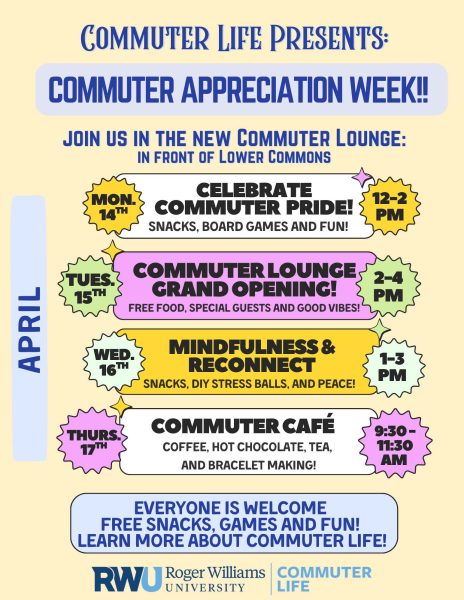Dear World
Jacquelyn Voghel
Managing Editor
Equipped with only a marker and a story to tell, students stepped in front of the camera to participate in the portrait project Dear World on Feb. 6-7.
Dear World is the creation of Robert X. Fogarty, a University of Oregon graduate who in 2009 decided to ask residents of New Orleans to write “love notes to the city” on their skin.
Eight years later, the portrait project has expanded well beyond New Orleans, having reached locations across both the U.S. and the globe while featuring a diverse range of individuals such as Syrian refugees, Boston Marathon bombing survivors, college students, and celebrities.
The goal of the portrait shoot is not to summarize the participant, said Katie Greenman, a photographer, storyteller, and facilitator at Dear World, but to create a “window” into the unique world of each individual.
“With the portraits, it’s less about the beginning, middle, end, and climax of a story, and more about our lived experiences,” Greenman said.
Greenman, who had no training in photography prior to her involvement with Dear World, has found a passion in helping participants create their own portraits, striving to hear each individual’s story even as she works behind the camera.
One Dear World participant, senior Blake Sherman, initially came to the portrait shoot to help run the event; however, after assisting other students in coming up with their own messages, Sherman eventually felt compelled to express his own. On his arms, he wrote “Made her cry,” a reference to the moment he came out to his mother.
Reflecting on his four years as an RWU student, Sherman found the experience to be a particularly effective community building exercise.
“Walking around campus, I like to think that I know a lot of the people I pass by, but [Dear World] has shown me that I really don’t know those people, and I want to keep getting to know them,” Sherman said.
While Sherman said that the idea for his own message “came pretty easy,” other students, such as freshman Liz Furtado, spent more time grappling with potential ideas. Eventually, Furtado settled on “The power of music.”
“Throughout my life and the past six years, I’ve struggled with self value, self worth, and accepting myself,” Furtado said. “I felt I had this story to share about how music has shaped my life, and that if someone’s going through a tough time that they’re not alone.”
The two-day visit came to an end with a final storytelling event held in Upper Commons, which featured one staff member and five students as featured storytellers. One by one, the six storytellers elaborated on the messages they had written on their skin, touching upon subjects such as mental illness, sexual abuse, gender roles, and Islamophobia.
“It was weakness that I was allowing myself to deteriorate,” senior John Rice told the audience as he detailed a period in his life where he denied himself emotional support.
He continued, “[People] will listen, you just have to talk.” Hence, the message he wrote on his skin read “2 years, same bracelet,” referencing a band he wears that reads “No one fights alone.”
Following each story, Greenman asked the audience members to raise their hands and look around if they or someone they loved could relate to what the storyteller had shared; in each instance, a majority of hands went up around the room.
In an age where tension and polarization appear to be on the rise on college campuses across the nation, Greenman believes that the realizations reached through the project are more essential than ever.
“We do genuinely believe and find that people have way more in common that they think,” Greenman said. “We’re way more alike than we are different, and you’re not gonna know that when I talk about my beliefs. You’re gonna know that when I talk about what it’s like to be in my shoes every day, and so that’s what we do.”
Oftentimes, Greenman meets students who are nervous to speak on difficult or controversial topics. In such cases, however, she finds silence can be more damaging than verbal blunders.
“That’s the point,” Greenman said of any potential mistakes. “That’s why we need to practice. It’s gonna be messy, we’re not always gonna look graceful, but people need to be talking just to create that opportunity for other people to show up and be there for each other.”




